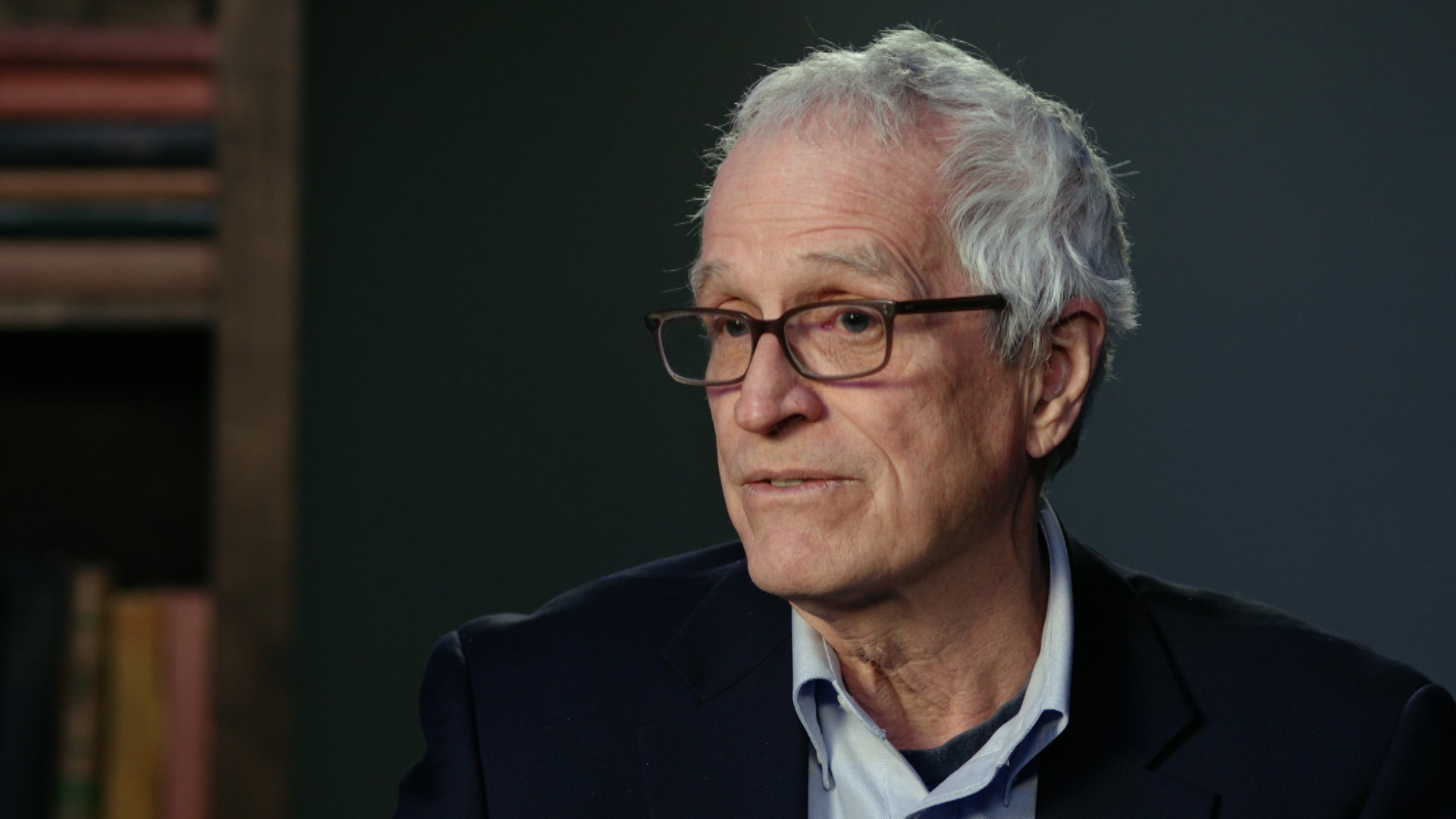An American is more likely to die from an accidental opioid overdose than a car crash, fall, or gunfire, according to an analysis released Monday by the National Safety Council.The lifetime odds that a person living in the U.S. will die of an opioid overdose now hovers around 1 in 96, according to the analysis, compared to odds of 1 in 103 that they'll die in a car accident. The council claims this is the first time the odds of dying of an opioid overdose surpass those of dying from a car crash. Deaths caused by preventable injuries, in general, are only exceeded by things like heart disease, cancer and chronic lower respiratory disease.The council’s analysis uses 2017 mortality data from the U.S. Centers for Disease Control and Prevention, which recently showed a record 70,237 people died of drug overdoses that year — primarily driven by an increase in drug users accessing fentanyl, a super-potent, synthetic opioid. Those drug overdoses, coupled with a rising suicide rate, pushed U.S. life expectancy lower, to 78.6 years."We've made significant strides in overall longevity in the United States, but we are dying from things typically called accidents at rates we haven't seen in half a century," said Ken Kolosh, manager of statistics at the National Safety Council, in a press release. "We cannot be complacent about 466 lives lost every day. This new analysis reinforces that we must consistently prioritize safety at work, at home and on the road to prevent these dire outcomes."The council analyzes accidental death that otherwise would have been preventable, like falls and drownings. There were nearly 170,000 such accidental deaths in 2017. White, non-Hispanic people comprise the majority of accidental deaths, followed by African-Americans and Latinos.In a bid to prevent more opioid-overdose deaths, President Donald Trump signed a landmark package to address the opioid epidemic by revising some regulations that road-blocked addiction treatment and by pushing research forward for a new, non-addictive painkiller. Still, advocates charge Trump hasn’t done nearly enough to offer mental health and addiction services to drug users.“What we still don’t have from the Trump administration is a plan of action, and it was over a year ago that he referred to the opioid crisis as a public health emergency,” Andrew Kolodny, co-director of opioid policy research at Brandeis University, told VICE News in October. Cover: Used syringe found between piles of trash at the heroin camp located under the North Second Street overpass, in the Kensington Section of Philadelphia, PA, on July 31, 2017. (Photo by Bastiaan Slabbers/NurPhoto via Getty Images)
Cover: Used syringe found between piles of trash at the heroin camp located under the North Second Street overpass, in the Kensington Section of Philadelphia, PA, on July 31, 2017. (Photo by Bastiaan Slabbers/NurPhoto via Getty Images)
Advertisement
